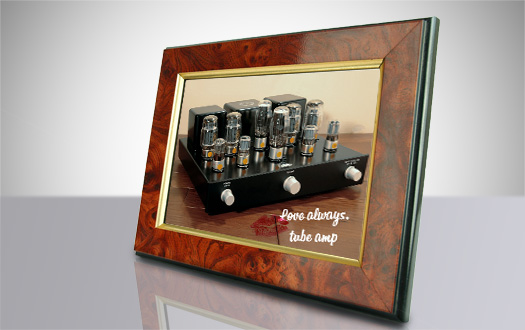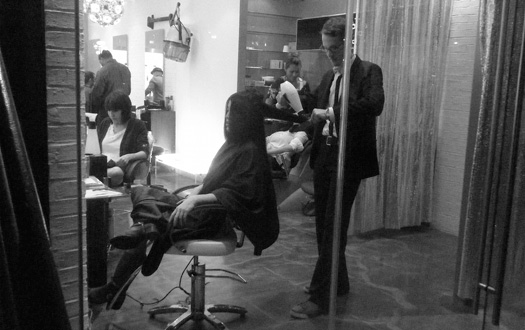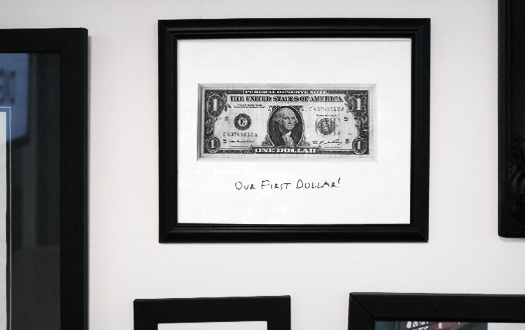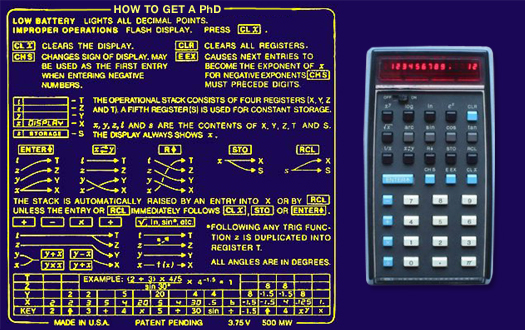By
DIGOWorkSection | 06/01/2012 | in

My first day working in an ad agency. Assistant Account Executive. BBDO Direct. 1986.
I hadn’t studied advertising. I was in love with ideas, and that was my window in to brands. All my searching, comparing and contrasting – without any plan at all – led to the day I started my advertising career, and from the first I was full of opinions, convictions, relevant knowledge and confidence. (more…)
By
DIGOWorkSection | 06/01/2012 | in

While people outside of the ad industry seem to enjoy AMC’s The Pitch, quite a few people inside the industry are understandably concerned about the inability of the television series to portray every single truth about ad agency life and every role that makes agencies go. At first, I thought this was just a lot of whining and posturing, but then I saw the show, and I have to agree! Here are my impressions: (more…)
By
DIGOWorkSection | 06/01/2012 | in

If you’re selling something, you should love everything about it. You should suck the juice out of the parts that others just throw away. You should devour the rind and make tea from the seeds.
Your job is not to seem the most sane, balanced and detached individual in the world. You should be on fire with this thing whatever it is. Hear Steve Jobs talk about Apple technology. Read what Howard Schultz has to say about coffee. You must be entrancing, and the only way to do this is to be yourself entranced (more…)
By
DIGOWorkSection | 06/01/2012 | in

As a young teen, I invited missionaries from several major and minor religions to present their pitches to me in our family living room. I loved to see how they sold their beliefs, through brochures, and slide shows, and question and answer sessions. I loved to think about how their differing answers led to different values. Clearly, these missionaries had found games worth playing. To be frank, some seemed happier than others. Those who were preaching the imminent end of the world seemed to operate out of grim duty. Those who were selling eternal life with one’s perfected family seemed to feel they had a jewel to share, and beamed with enthusiasm (more…)
By
DIGOWorkSection | 06/01/2012 | in

My earliest memories involve shops. My grandparent’s beauty salon. My paternal grandfather’s clothes factory. My father’s laboratory. Thomas Edison’s workshop, just a short walk from that beauty salon in Menlo Park, then and now part of Edison, New Jersey.
I remember the statuettes lined up – all the awards my Grandfather had won for his hairdressing – so that they could be noted or admired by patrons on the way down into the salon proper. My grandfather was the old master by then. The awards seemed dusty and old to me. Something about the salon seemed forlorn. Old ladies flying down from Canada to have their hair done by the one man in the world who they trusted to do it right (more…)
By
DIGOWorkSection | 06/01/2012 | in

If you want to look at the downsides and limits of “market category thinking,” the slide rule category provides some excellent examples. Keuffel & Esser Corporation, a company founded in 1867 in Manhattan is a good place to start. In 1962, the company introduced it’s DECILON slide rule into the booming market for slide rules, and on the strength of this line was able to go public on NASDAQ in 1965. But by 1982, the firm was forced to declare chapter 11 bankruptcy. This same year, AZON corp buys ownership of K&E Trademarks and K&E is no more. [1]
ARISTO had over a century of slide rule production, but was forced to close in 1978. [2] (more…)
By
DIGOWorkSection | 06/01/2012 | in

When I started my agency, I reached out to someone I had been working with to gage his interest in being my partner. At the time, he said he was intrigued, but was just not ready to make the leap.
I would have liked to start my business with a partner, to share the weight and to make the growing easier. But, I knew that partnership was like marriage, challenging even with the best match, so I decided to make a start as a sole proprietor (more…)
By
DIGOWorkSection | 06/01/2012 | in

We can’t see the world as static. Conceptual boxes can be helpful as long as we realize we have invented them ourselves to help us understand things. The moment we forget that we can uninvent them, we’re stuck.
There is a tendency to view market categories as a given. We think we’re in the “server hardware” category. Or the fitness club category. Or the E-commerce category. Like Blackberry (Research In Motion) was in the smartphone category and Apple was in the personal computer category. Oops.
Or Starbucks was in the coffee shop category and McDonald’s was in the Fast Food category. If categories tell us which competitors to ignore and which competitors to track, than category thinking is dangerous. You won’t see them coming!
If category thinking limits your imagination about how to expand and grow your brand and business, then category thinking can be deadly (more…)









